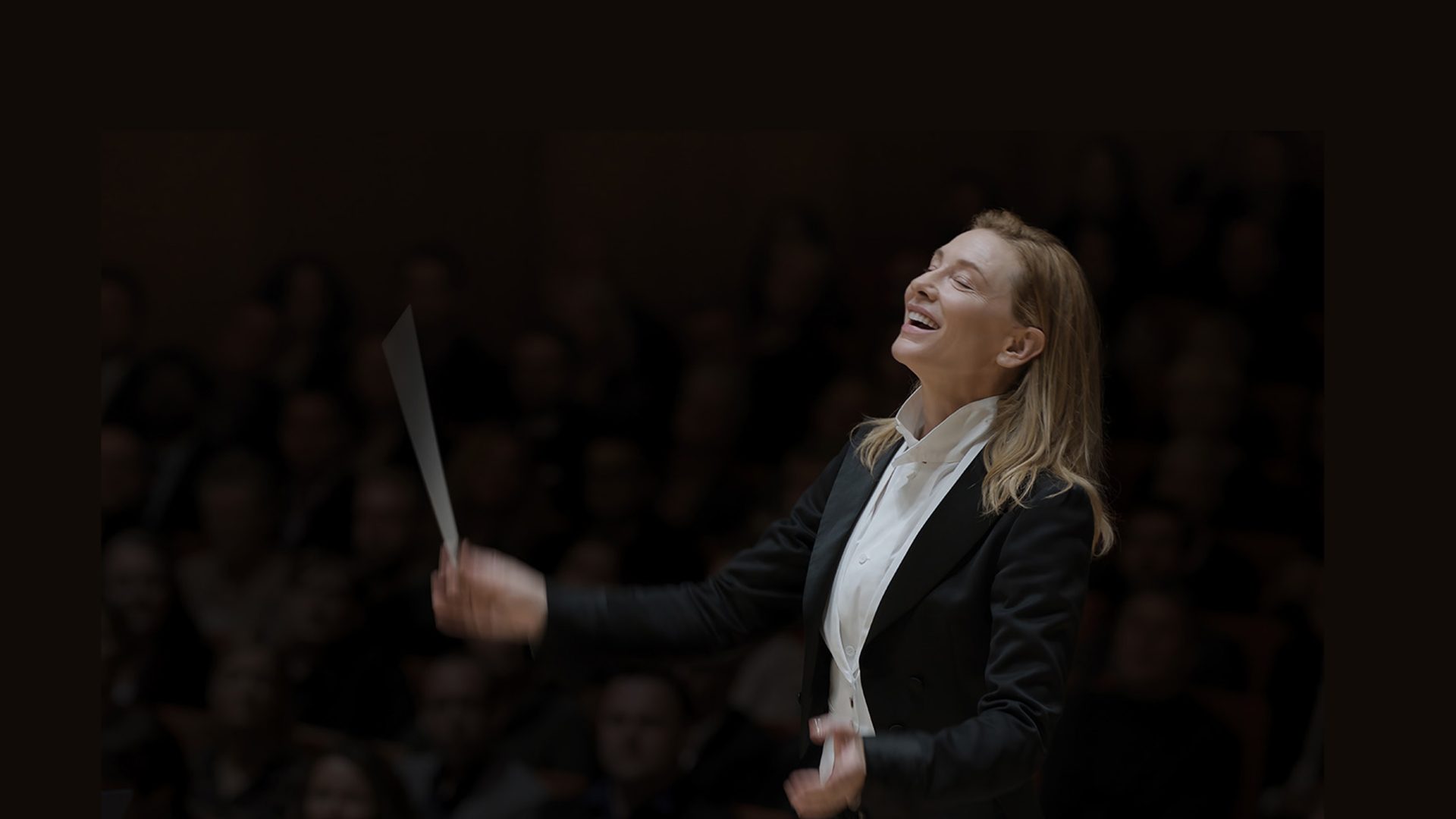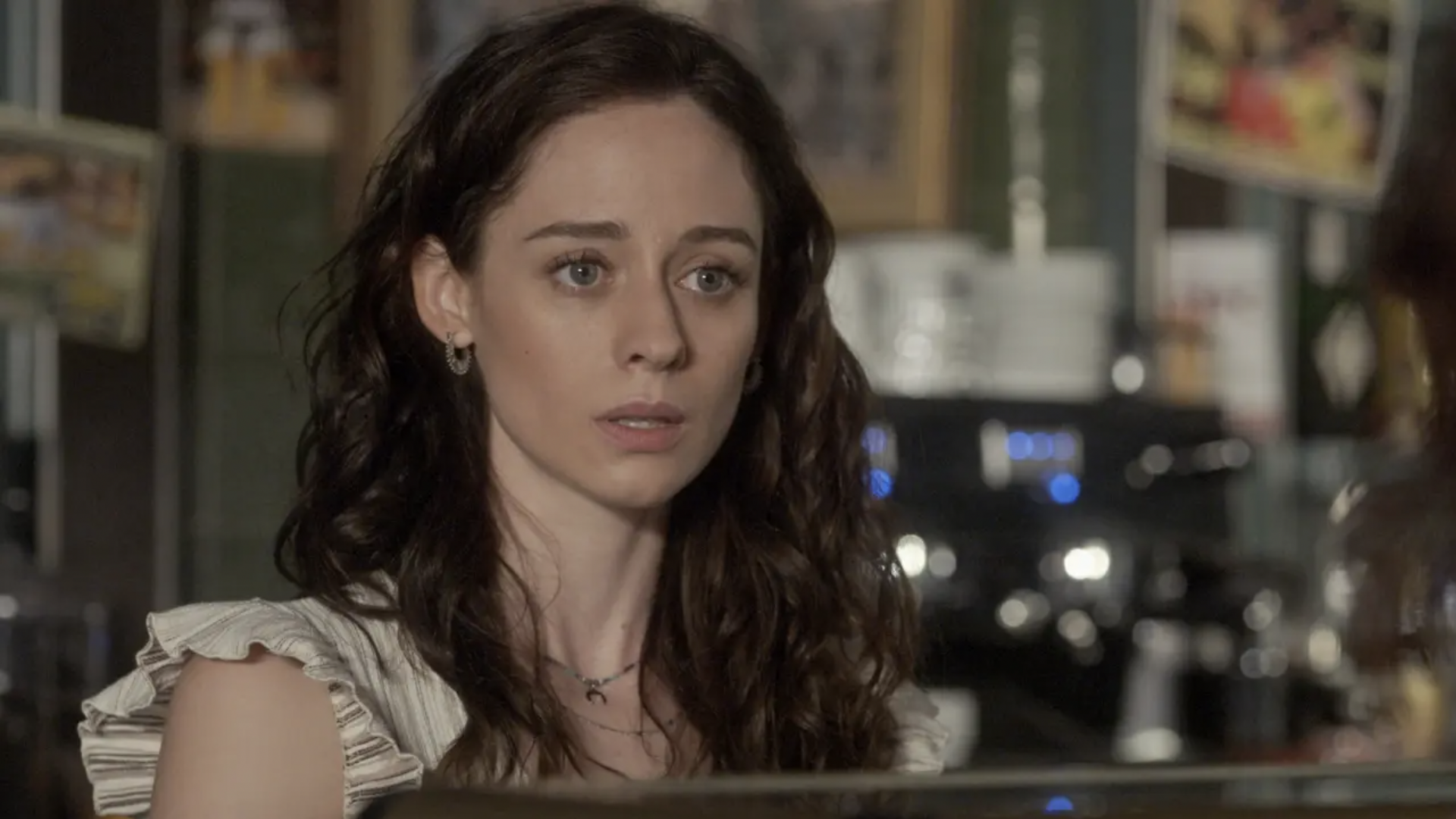This article was first published on 25 August 2022 and was amended to reflect Cate Blanchett’s fourth Golden Globe win
The story of Lydia Tár has netted Cate Blanchett a fourth Golden Globe and could also bring her an Oscar. “Widely considered one of the greatest living composer/conductors”, Tár is also “the first-ever female chief conductor of a major German orchestra,” according to the film’s dark trailer. Exciting stuff for musical feminists.
Except there never has been a female chief conductor of a major German orchestra, nor of any other renowned European one. Tár is fictional – played with melodrama by Blanchett.
That’s no surprise, really, given that sexism has long held sway over the seemingly genteel world of music, especially when it comes to conducting. According to analysis before the pandemic, barely one in 10 of the world’s busiest conductors were female.
That’s easy to understand when you watch another 2022 release, The Conductor. The documentary charts the rise of the most successful real female conductor of our times, Marin Alsop, from a young girl told that women can’t conduct to a successful music director still having to listen to the same kind of nonsense about supposed shortcomings of her gender.
The 65-year-old American is a veritable mine of mind-boggling anecdotes on the subject. A few years ago, early in her tenure at the Vienna Radio Philharmonic Orchestra (ORF), she told me that members of an orchestra she conducted complained of too many women on the podium and said “this diversity thing” would blow over. At a piano competition I covered this summer, Alsop, as head judge, confessed that not much had changed. The ORF, by the way, is a respected European institution, but not nearly as prestigious as the totemic Vienna Philharmonic, which had an all-male policy until 1997.
But for Alsop – who as a major orchestra woman conductor married to a female musician and mentored by Leonard Bernstein has similarities to Blanchett’s Tár – the film is a disaster for women musicians. That’s because it portrays the main character as an abuser and taps into the discredited male “maestro mythology” of an untouchable genius with appalling behaviour, a type the #MeToo movement has been struggling to fell in classical music. How could it help to conjure up an iconic female character who is just as bad, and therefore untrustworty? “I was offended as a woman, I was offended as a conductor, I was offended as a lesbian,” she told the Sunday Times, suggesting the film was “anti-woman”. Tár, an autocrat who plays sexual power games, treats the orchestra as her own fiefdom and is shown bullying a male musician, rigging an audition in favour of an attractive cellist and dismissing the idea of female fellowship. Blanchett has argued that she is simply portraying a complex, ambiguous individual.
In terms of female progress, there’s been much better news for women in composing, another area historically overlooked. Last year’s Proms included several new commissions for women, including British composer Sally Beamish’s Hive, and The Fact of the Matter by the Icelandic cellist and composer Hildur Guðnadóttir – Oscar winner for the score of Joker. The past has also been mined for others. The Victorian suffragette Ethel Smyth’s The Wreckers gets a concert performance after a successful run at Glyndebourne, stories of her colourful life ensuring she won’t be forgotten again in a hurry. According to a new survey by the Institute for Composer Diversity, there has been a 400% increase in performances of works by female composers and composers of colour since 2015. A further boost is expected from the September launch of a new record label, La Boîte à Pépites – founded by the French cellist Héloïse Luzzati for the purpose of releasing works by women.
It’s not that no headway was made in conducting. Last year Parisian Nathalie Stutzmann takes over as music director at the Atlanta Symphony Orchestra, becoming the only current and second ever woman to lead a major US orchestra. The first was of course Alsop, who has just retired from leading at the Baltimore Symphony Orchestra – where her original appointment in 2007 sparked outrage. Last year, Eun Sun Kim became the first female music director of a major American opera house when she took the job at the San
Francisco Opera, and Ukraine’s Oksana Lyniv was feted as the first female conductor to open the Bayreuth opera festival, taking on The Flying Dutchman by Richard Wagner – a composer Alsop was once told was too heavy and beyond the scope of a woman. In 2020, Finland’s Dalia Stasevska became the second woman to conduct the Last Night of the Proms, finally rescuing Alsop from being “the only” yet again after she became the first in 2013.
But where are the women taking music directorships at major institutions?
Could it be that while composing is seen as a creative process, something in which women have historically been involved, conducting is a position of great power? Still women report having to perfect their conducting in a way that doesn’t scare the horses – too forceful and you might be seen as bossy, too sensitive and you are “weak”.
But the underlying issue today is not just about prejudices that prevent star female conductors making that final promotion. As Alsop says, it’s about gaining the privilege to fail along the way without losing your career over it, something men can do, either on the way to stardom or as part of an undistinguished career that still pays the bills. This attitude needs to change. If there is ever to be true equality, it will only be achieved when some women are allowed to be as mediocre as some of the men – and get away with it.




